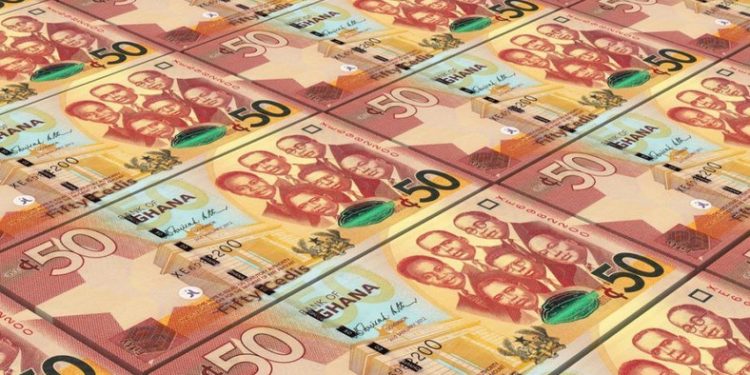The local currency continues to maintain its good form over major trading currencies, as data shows it has – for the first time in memorable history – recorded no loss in value for five continuous months against the US dollar: a feat that can be attributed to prudent currency management by the Bank of Ghana.
According to the daily interbank FX rates published by the Bank of Ghana (BoG), the cedi as of May 17, 2021 traded at GH¢5.70 per 1 dollar compared with GH¢5.76 at beginning of the year, representing a 1 percent appreciation.
If the analysis is made for same period 2020, the cedi traded at GH¢5.61 to a dollar as of May 18 (17th was a Sunday) and GH¢5.53 at the beginning of the year – reflecting 1.4 percent depreciation against the US dollar.
What has contributed to stability of the cedi can be attributed to the effectiveness and efficiency of policies introduced by the central bank, which include the FX forward auction. This policy seeks to pump US$300million into the economy by end of the year. Out of this amount, US$50million will be pumped into the economy bi-weekly till end of the first quarter. Then, from the second quarter onward it will be slashed by half till end of the year.
Another reason that can explain stability of the currency is the central bank Monetary Policy Committee’s decision to hold the policy rate constant at 14.5 percent for more than a year. This has attracted foreign investors to the Ghanaian market, as they are assured of earning decent returns on their investments compared to other markets which have cut their policy rate.
Senior economist at the University of Ghana, Dr. Patrick Asumin, agrees with the assertion that the decision to keep the policy rate has played a major role in stability of the currency.
“Interest rates around the world have been slashed due to the pandemic, but ours has not been cut in a year. If I am a global investor and the US reduces its interest rate and Ghana’s remain the same, it means I earn more by keeping my money in Ghana instead of taking it to the US.
“So, in January 2019, the Bank of Ghana decided to cut our interest rate whereas other countries increased theirs. And over the next three months the cedi depreciated sharply, because investors had to move their funds from here to where they would have higher returns.
“And this will affect the local currency, because the investors have to take their monies in dollars and send it back. So, keeping the interest rate while others have cut theirs, I can say, has contributed to stability of the currency,” he said in an interview with the B&FT.
Dr. Asumin further stated he projects the local currency to keep its good form, especially since it has gone past the first quarter which is usually characterized by a lot of pressure on the cedi because of high demand for forex by importers who need dollars to pay for goods they brought in during the yuletide – and same demand from banks, as they have to pay dividend to their shareholders within the period.
“Once we have gone through the first quarter without any significant trouble, we expect that the cedi will do well,” he said.
The Economist Intelligence Unit (EIU) has also projected the local currency to continue to see relative stability for the rest of the year – stating in its country report the cedi will average GH¢5.84 to US$1 owing to improved domestic and global sentiment, as well as narrowing fiscal and current account deficits.







